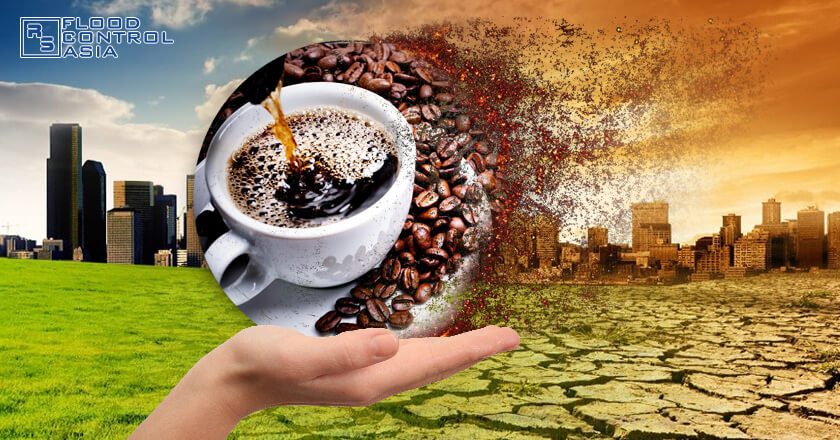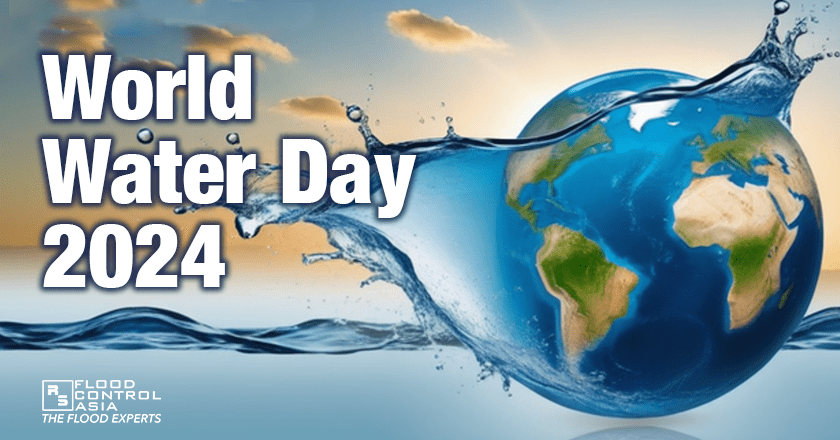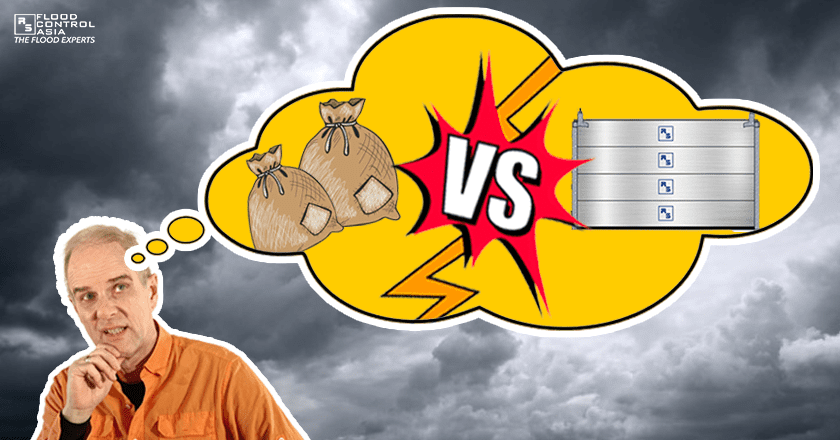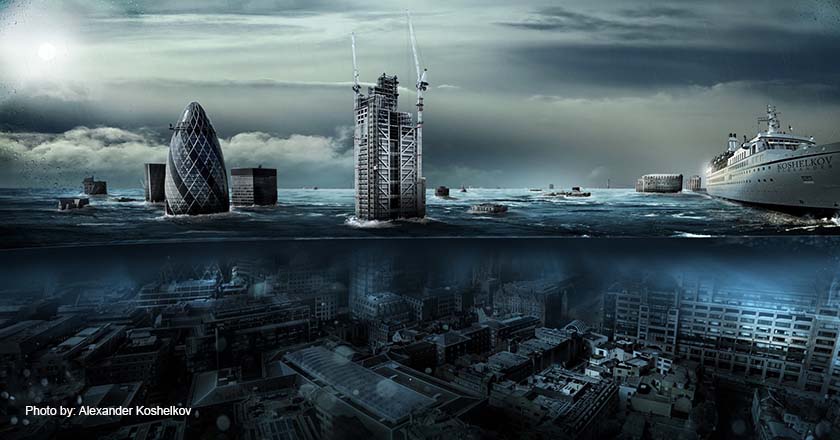Coffee and Climate: The Extinction of Coffee?
February 4, 2019 | Created by: Andreas Klippe | Comments
Yes, you read it right – coffee is on the brink of extinction.
That is, if climate change continues on its current course and we do not exhaust all possible efforts to somehow reverse or slow down its aggravating effects.
Climate change endangers the future of coffee.
Global warming coupled with human intrusion dangerously threatens the life span of our go-to morning drink. And we ought to be alarmed.
You may say, “It’s okay, I don’t drink coffee anyway.” It may seem like a small thing, but the dying out of coffee isn’t only bad news to coffee lovers.
Climate Change Risks to Coffee
A research from the experts at the Royal Botanic Gardens in Kew, United Kingdom show that 60% of wild coffee species are threatened with extinction mainly due to macro forces such as climate change, deforestation and pollution.
These scientists have also carried out the first ever International Union for Conservation of Nature (IUCN) Red List of Threatened Species™ assessing all 124 coffee species. In fact, the world’s most popular coffee species Arabica (Coffea arabica) is now categorised as an endangered species.
Kew’s Head of Coffee Research, Dr. Aaron Davis said,
Among the coffee species threatened with extinction are those that have potential to be used to breed and develop the coffees of the future, including those resistant to disease and capable of withstanding worsening climatic conditions.
Leading research journals such Science Advances and Global Change Biology has published the implications on these findings stating that the extinction risk for wild coffee is high, therefore deeply affecting the sustainability of global coffee production.
Global Impact of Coffee Extinction
According to the World Atlas, the world’s major producers of coffee beans are Brazil, Vietnam, Columbia, Indonesia, Ethiopia and Honduras.
While accounting for only 3% of the global coffee production among these countries, Ethiopia could be especially hit by the impending crisis in coffee. Arabica, an important source of seed stock for coffee farming, originates from the highlands of Ethiopia and South Sudan. An article in Forbes states that Ethiopia relies on coffee for 60% of its export income supporting 15 million people.
According to the Coffee Research Institute, Arabica plants need to grow in temperatures between 15°C and 24°C in order to maintain high production levels and good quality. Therefore, the rising global temperature heavily impacts the habitat of coffee crops making it harder for them to survive and bountifully grow.
 Global warming and drought affects coffee’s growth and quality conditions.
Global warming and drought affects coffee’s growth and quality conditions.
In South Sudan, alongside changing climate patterns are the effects of deforestation which have been happening over the past 70 years and could result to the extinction of wild Arabica in the country within the next two years.
Dr. Justin Moat, the research leader for Spatial Analysis at Kew said,
The worst case scenario, as drawn from our analyses, is that wild Arabica could be extinct by 2080. The climate sensitivity of Arabica is confirmed, supporting the widely reported assumption that climate change will have a damaging impact on commercial coffee production worldwide
In the long run, good coffee will be increasingly difficult to grow and expensive to buy due to rising temperatures and drought. Time magazine cites that global warming will also increase the range of diseases and kill large swaths of insects that pollinate coffee plants.
To briefly sum it all up, the projected extinction of coffee as a consequence of nature’s wrath and human activity could cripple the economies and livelihood in coffee exporting nations and negatively damage the quality and wholeness of coffee in the near future.
Here’s my question for you:
What is your opinion regarding coffee extinction? What do you think are the possible actions to counter its projected demise?






